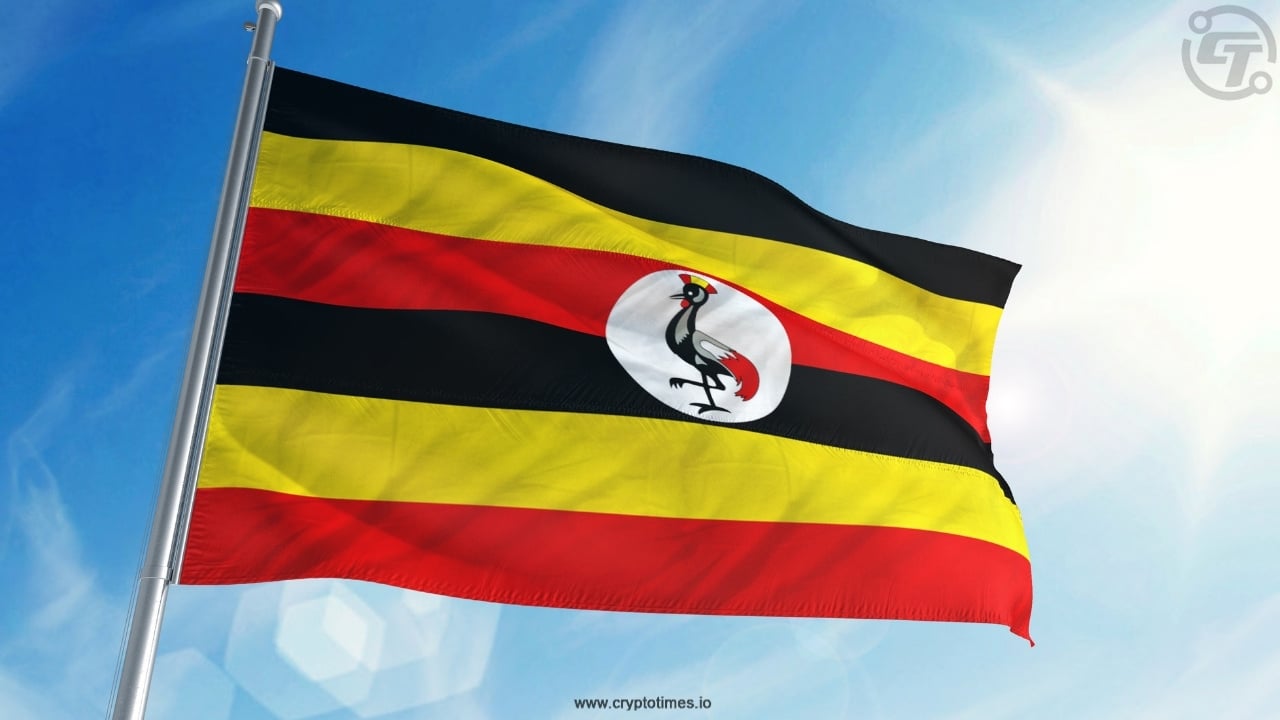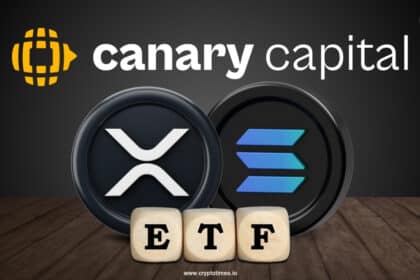Global Settlement Network (GSN), a blockchain company, has teamed up with Diacente Group, which is developing Uganda’s Karamoja Green Industrial and Special Economic Zone (GISEZ), to introduce Uganda’s first tokenized currency. The partnership is supported by $5.5 billion in real-world infrastructure and targets the digitization of transactions across key sectors, including agriculture, mining, and renewable energy.
As per the press release, the major part is testing Uganda’s first Central Bank Digital Currency (CBDC), a digital version of the shilling, built on GSN’s secure blockchain and supported by government treasury bonds. Tokenization will cover physical assets like food processing plants, mining sites, and solar farms into digital tokens, making them easier to buy, sell, or trade. This system aims to allow more people, businesses, and government groups to join in economic activities.
The digital shilling is also compliant with Uganda’s and international rules, including checks to verify identities and prevent illegal money transfers. Uganda’s CBDC can be accessed through smartphones and USSD, allowing over 40 million people to make secure transactions with digital money for the first time,.
Ryan Kirkley, Co-Founder of Global Settlement Network, explained, “We’re building infrastructure that goes beyond theory, a programmable economy grounded in real assets, regulatory collaboration, and mass accessibility.”
Edgar Agaba, Chairman of Diacente Group, said this project supports Uganda’s growth by using tokenization and CBDCs to create clear systems that attract investment and boost local industries.
Alignment with broader plans
The project also fits Uganda’s Vision 2040 plan, the African Union’s Agenda 2063, and the African Continental Free Trade Area’s (AfCFTA) goals. Uganda’s Vision of 2040 is to become a wealthier country by 2040, aiming to grow its economy to one with a per capita income of $9,500. Additionally, the African Union’s Agenda 2063 is a 50-year plan to make Africa united and thriving. And AfCFTA, started in 2018, aims to increase trade within Africa by 52%, make the continent stronger globally, and boost industries and jobs.
Further, by 2026, according to Statista data, Africa is expected to have more than 75 million people using cryptocurrencies. Moreover, Chainalysis reported on October 2 that stablecoins, cryptocurrencies pegged to stable values like the US dollar, make up about 43% of all crypto transactions in Sub-Saharan Africa. The leading countries are Nigeria, South Africa, Ghana, Kenya, and Zambia, with Uganda ranking seventh.
Meanwhile, the partnership is expected to create over one million jobs and generate up to $10 billion in annual exports by using digital systems for managing assets, payments, and trade.
Also Read: Ripple Launches RLUSD Across Africa With Local Exchanges











